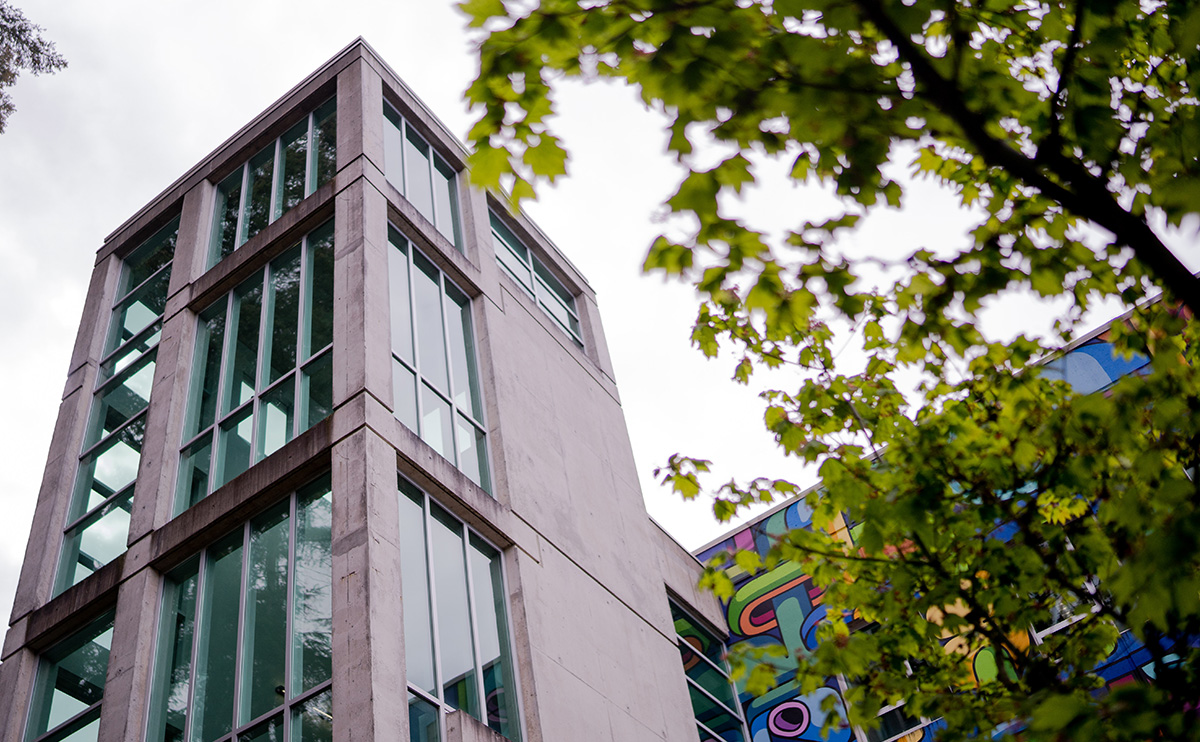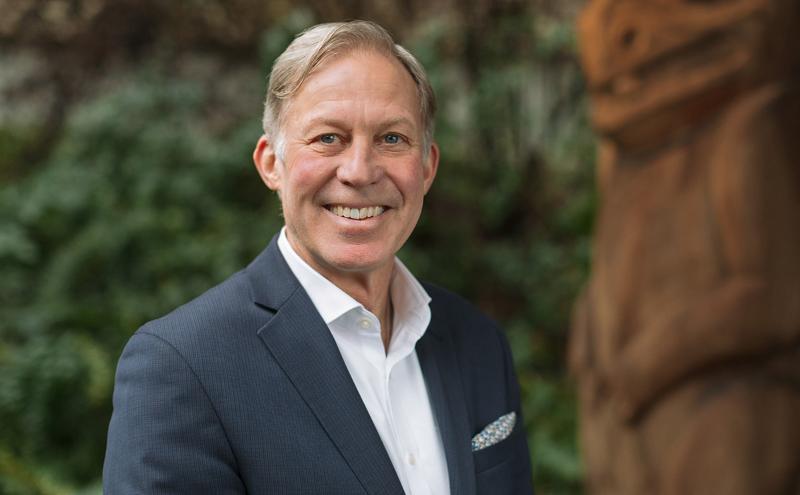This is a bimonthly newsletter featuring community updates from Capilano University President and Vice-Chancellor Paul Dangerfield.
November 2024
Talk about living in interesting times. No, I really mean it: let’s talk about it. Or rather, how do we talk about it in an era marked by six-second TikToks, 24/7 news cycles, and intense social and political polarization?
That was the gist of a coffee conversation I had last year with Capilano University’s Chancellor, Yuri Fulmer. And after the events of the last month, those questions have become even more urgent: How do you create space for respectful dialogue here in Canada with everything that’s going on in the world? How can our University support and advance different views in our communities and what would that look like? And how did our society’s collective commitment to civil discourse go so badly off the rails?
Way back in high school, I was taught formal debating skills—I remember having to argue with a straight face that vanilla ice cream was better than chocolate, among other topics. It may sound funny, and it probably was, but with regular practice I learned the fundamentals of critical reasoning, which include doing your research, laying out the facts logically, listening attentively—and perhaps most importantly, conceding a position or opinion when presented with a better argument. Sadly, what passes for debate today is just a slugfest, no more than a series of gotcha! moments on news networks and social media.
Still, it isn’t helpful to lament the way the world has changed; we must commit to finding our way in this new environment. And though we may have lost the muscle of thoughtful conversation, we can build it up again—and it starts with education at every level.
At Capilano University, we strive to equip our students to navigate complex ideas, to respect differing opinions, and to engage thoughtfully and compassionately in the world. On our campuses, learning locations and in our classrooms, we cultivate critical thinking, promote open dialogue and welcome diverse perspectives. Our students and employees are free to pursue truth and knowledge without fear, and encouraged to face the unfamiliar with empathy and curiosity, rather than apathy and disinterest.
So what does that look like in practice? Well, at the macro level, it’s something like the annual Change Education Series: a month-long learning program created by CapU faculty in response to anti-Asian racism during the pandemic to build unity and understanding within our communities, and to create a generation that is literate in the history and contributions of Canada’s varied cultures. Closer to the classroom, it might look like our student Saghi Ehteshamzadeh’s powerful series, “Women, Life, Freedom”, documenting the Iranian revolution through art, or perhaps our business students learning about Brazil’s key contributions to global diplomacy, trade and cross-cultural partnerships during a recent campus visit by Brazilian Consul General, Ambassador Nestor Forster. And in the longer term—next spring, hopefully—it will look like the Centre for Teaching Excellence working with our faculty to develop innovative tools and techniques that help strengthen civil conversation in class.
As we head into the holiday season, let’s make the effort to deepen our understanding of one another, listening to understand—particularly when we disagree. One classroom, one car ride, one dining table at a time, we all have the opportunity to practice the lost art of respectful conversation. Consider it training for 2025, when Canada will face its own election…and you may want to share a thought or two on that subject!
Here’s to kind words and critical thinking in 2025,
Paul

